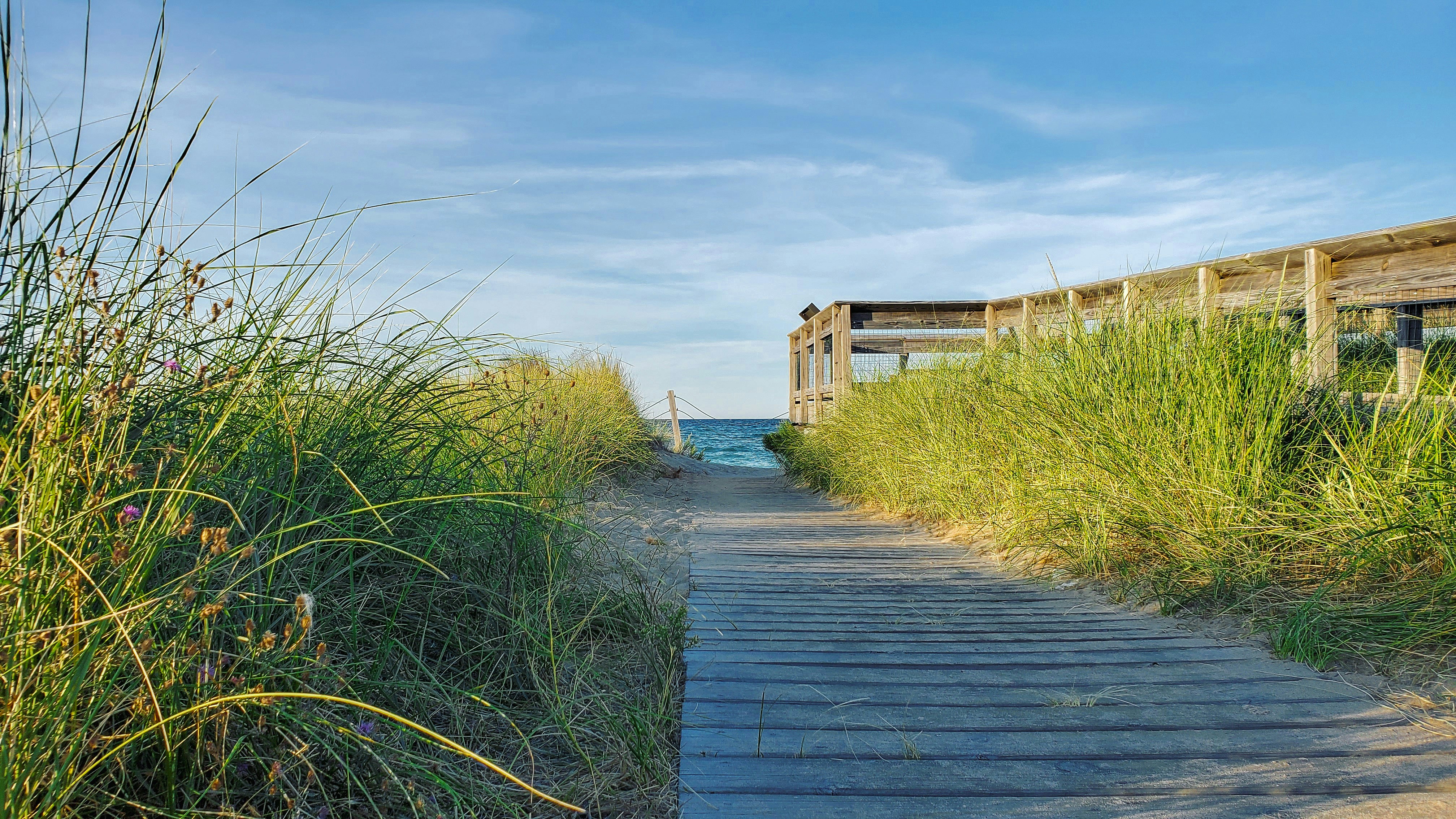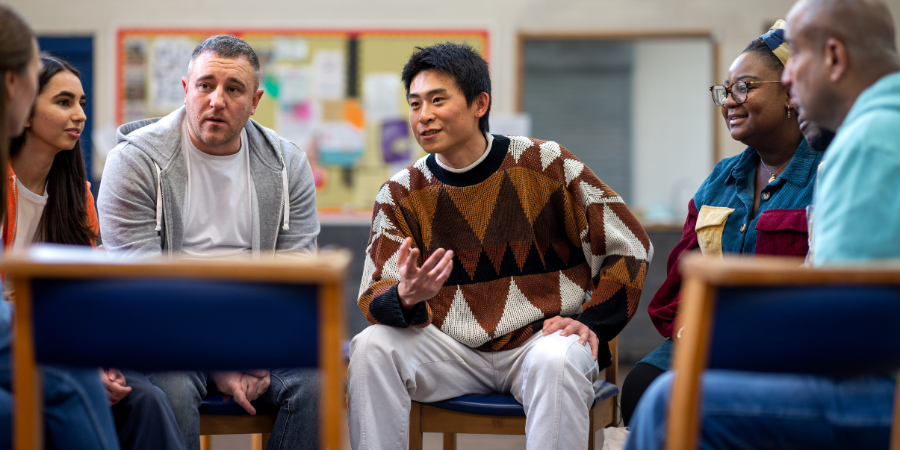
This resource is also available in French. Click here to access the French version.
In September of 2023, researchers from the global GOGREEN research study on co-creation for sustainability transitions traveled to London, Ontario. They sought to learn from community members about the work of Climate Action London, a member of Tamarack’s Community Climate Transitions network, and the ways it has used co-creation to develop innovative strategies to address climate change.
What is co-creation?
Co-creation is a collaborative form of governance that involves government officials, scientists, and private stakeholders, along with citizens, neighborhoods, and community organizations. In instances of co-creation for sustainability, the strengths and assets of different partners combine to generate creative problem solving, and ultimately the development of innovative solutions to pressing sustainability problems, with joint ownership over those solutions.
To learn more about the link between co-creation and collective impact, check out this paper by the Tamarack Institute’s Liz Weaver.
GOGREEN and Climate Action London
Climate Action London (CAL) is a response to the City of London’s Climate Emergency Action Plan. This volunteer-led group seeks out opportunities to bring awareness to the crisis and the many solutions, both individual and systemic, and partners with other organizations active in this work. One example of systemic change is a current project to engage a diverse group of individuals and organizations in the City’s multi-year budget process, with a focus on developing a collective response on priorities for a sustainable future. An example of individual change is a partnership with four other non-profits to encourage Londoners to add more biodiversity to their yards and gardens through a native plant sale each Spring.
CAL has many other projects – they run awareness campaigns and rallies, collaborate on leading an annual gathering called “Earthfest”, and facilitate programming like the London Green Health Collaboration, and a London chapter of Greening Sacred Spaces initiative.
GOGREEN had the opportunity to learn about the different ways that CAL operates these various programs through interviews and meeting observations, in order to understand the constellation of governance factors that lead to co-creation within and around CAL. A report will be forthcoming about CAL, and all the case studies, in 2025.
How can you learn more about co-creation for sustainability transitions?
The more we learn about co-creation, the better we can understand the value of collaborative, partnership-based sustainability work in Canada and around the world. Jacob Torfing, who developed the original co-creation for sustainability framework, is the keynote at the upcoming conference Communities Taking Climate Action: Leading Courageously and will be discussing how co-creation is driving local green transitions around the world.
The GOGREEN research project is a global initiative led by Roskilde University in Denmark, and funded by the Danish Independent Research Council. You can learn more about the GOGREEN project here. At present, the GOGREEN project is conducting 37 case studies from all over the world, and studying the different governance factors that are driving green co-creation processes.




